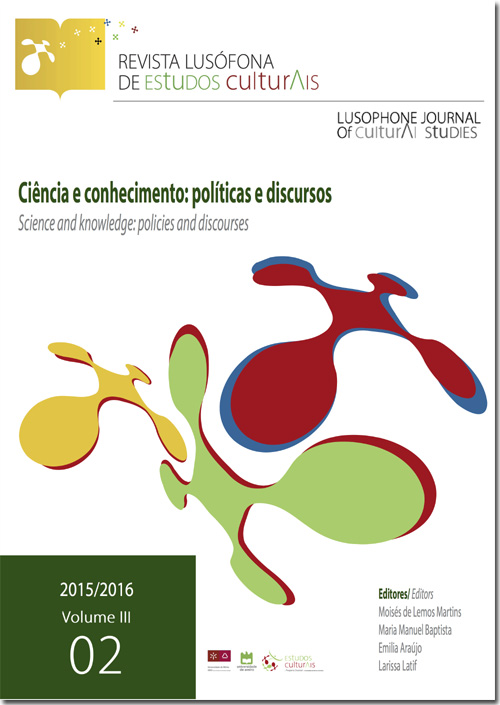Is climate change research truly collaborative?
DOI:
https://doi.org/10.21814/rlec.125Keywords:
Collaboration, interaction, stakeholders, scientists, climate changeAbstract
The paper focuses on the interaction, and specifically knowledge exchange that takes place between scientists and stakeholders in research for adaptation to climate change. The study took place in the context of a European program called Circle/Era-Net that aimed to boost the linkage between scientists and stakeholders in transnational European research regarding climate change adaptation. The research program, which had a special focus on Natural Sciences (biology, marine ecology, chemistry, and hydrogeology), was designed for early collaboration with decision makers and stakeholders in order to produce useful knowledge and to disseminate recommendations. A total of 33 scientists, stakeholders and funders involved in 7 projects financed by the Circle-Med program were interviewed. Collaboration and knowledge exchange were recognizable intentions but not a visible practice in research. In order to reach a genuinely integrated science and a true collaboration between scientists and stakeholders, several improvements are needed. Some suggestions are made with regards to: i) the design of new criteria for research calls, ii) the monitoring and the evaluation of the process of collaboration, and iii) the integration of social and Natural Sciences in climate change research.Downloads
Download data is not yet available.
Downloads
Published
2016-06-18
How to Cite
Bento, S., Varanda, M., Richard-Ferroudji, A., & Faysse, N. (2016). Is climate change research truly collaborative?. Lusophone Journal of Cultural Studies, 3(2), 195–215 | 217–236. https://doi.org/10.21814/rlec.125
Issue
Section
Science and scientific research
License
Authors own the copyright, providing the journal with the right of first publication. The work is licensed under a Creative Commons - Atribuição 4.0 Internacional License.








